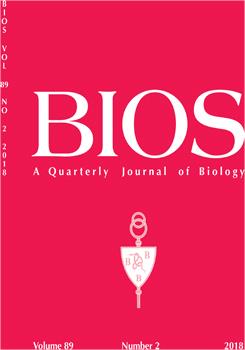Mosquito-borne infectious diseases such as malaria, dengue fever, chikungunya, and zika are responsible for hundreds of thousands of deaths across the globe each year. Due to the nature of the viruses and parasites that cause these diseases, targeting their mosquito vectors has become the most effective method for reducing transmission. However, an ecologically and evolutionarily sustainable method for mosquito population reduction has yet to be developed. This may be about to change due to the proven effectiveness of genome editing in mosquitoes using the CRISPR/Cas9 system. CRISPR/Cas9, found in nature as the adaptive immune system of bacteria and now adapted as a biological tool for use in any organism, is revolutionizing the study of genetics and now may also be the key to ending a global public health crisis. Current population control methods utilizing transgenic mosquitoes have ultimately failed at the hands of evolution due to unintended fitness costs. Here, we propose a novel control method for the invasive vector mosquito species, Aedes albopictus, using CRISPR/Cas9 to target genes that are essential for a period of developmental arrest known as photoperiodic diapause. Since diapause allows the species to invade temperate regions, genetic disruption of this pathway should result in the inability of Ae. albopictus to inhabit temperate environments, which in turn should inhibit the spread of mosquito-borne diseases in these regions.
How to translate text using browser tools
1 June 2018
Targeting the diapause response of Aedes albopictus via CRISPR/Cas9-mediated genome editing to control the spread of mosquito-borne disease
Zachory M. Park,
Amy M. Lyndaker
ACCESS THE FULL ARTICLE

BIOS
Vol. 89 • No. 2
June 2018
Vol. 89 • No. 2
June 2018
gene editing
Genetic modification
invasive mosquito species
photoperiodic diapause




